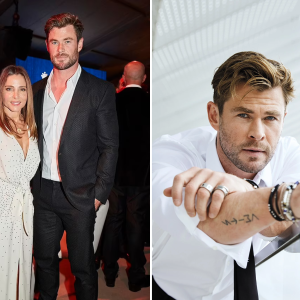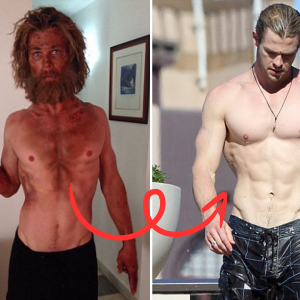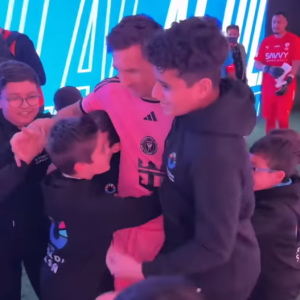Dua Lipa became the first major pop star to release an album in quarantine — and, as Tom Corson, Warner Records’ co-chairman and COO, says, “she has the benefit of being a pioneer.”
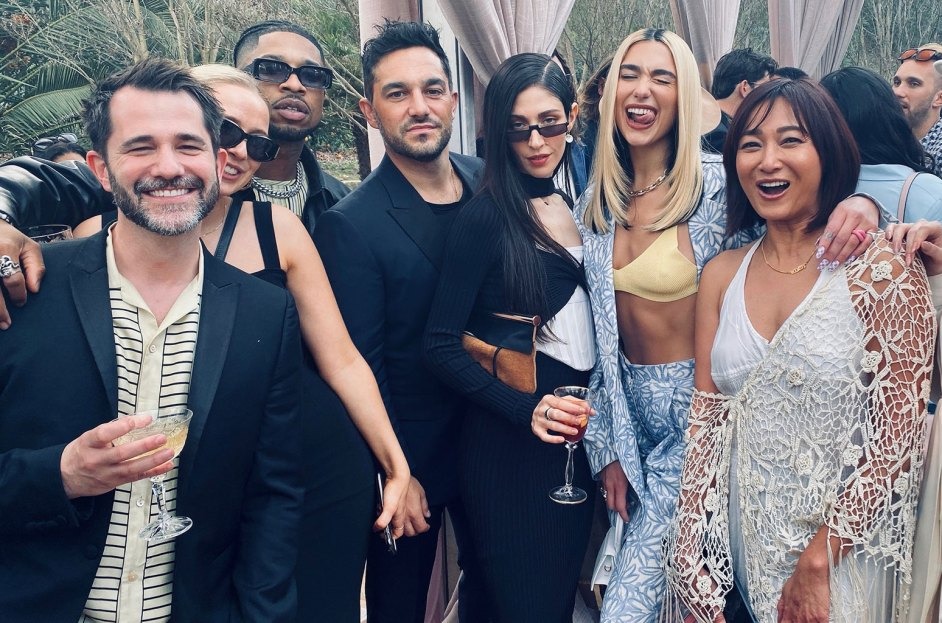
The week of March 21, when Dua Lipa’s second album, Future Nostalgia leaked online, she was supposed to be flying to New York for her appearance as musical guest on Saturday Night Live. Instead, because of the ongoing pandemic, Lipa was home in London sharing a tearful Instagram Live about the decision to release her project a week earlier than expected.
“I’m not sure if I’m doing the right thing,” she said. “Make of it what you will; I hope it brings you some happiness and I hope it makes you smile and I hope it makes you dance — and I hope I make you proud.”
“There were a lot of conversations in place about moving [the date],” recalls Wendy Ong, president of TaP Management (Lipa’s management team) and TaP Records, U.S. “But ultimately, Dua made the right call of wanting to just share the music. We all collectively agreed that that was exactly the opposite of what all these other artists were doing in moving their albums back.”
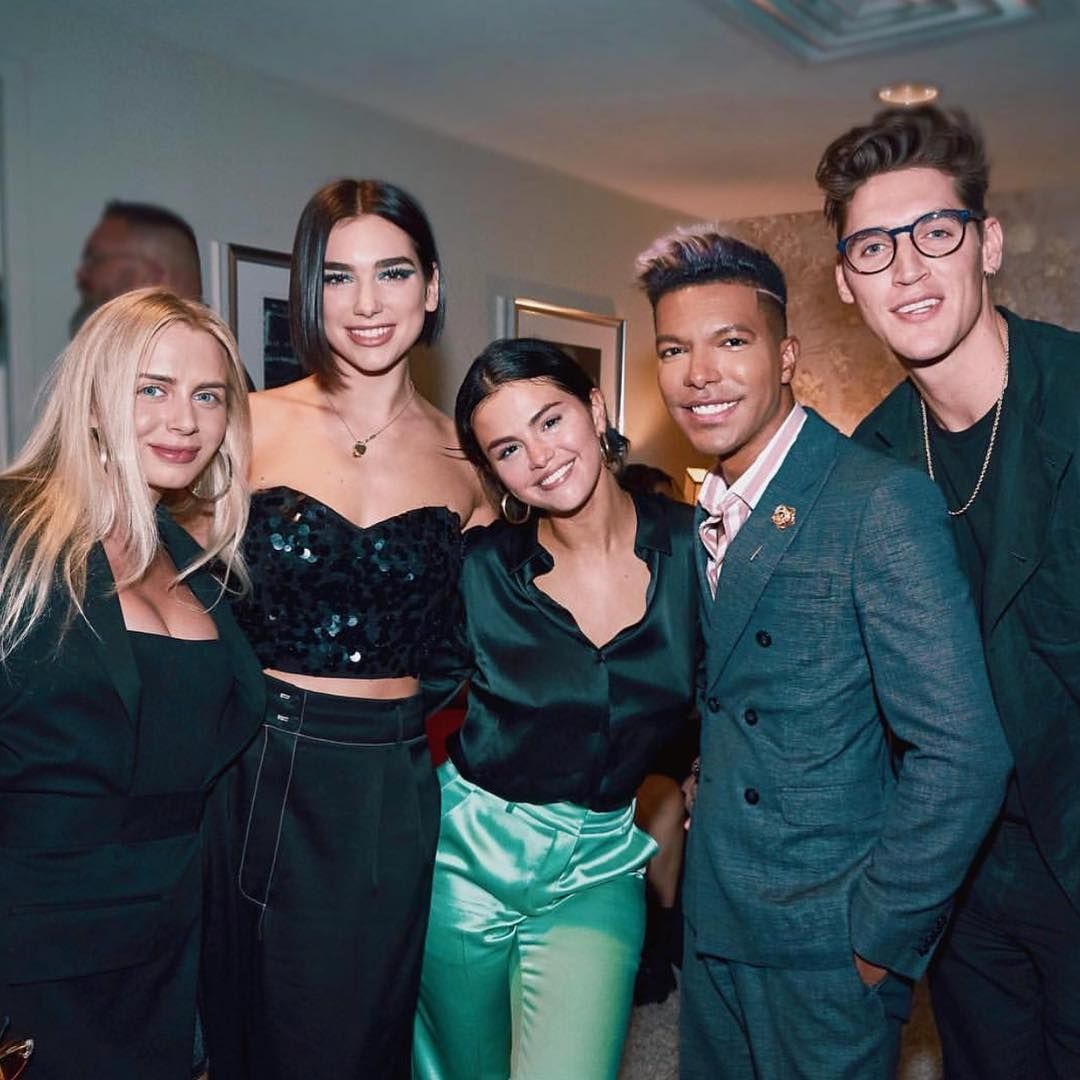
Ong is referring to the large number of marquee names who opted out of releasing previously scheduled albums at the height of the pandemic, such as Lady Gaga with Chromatica, Haim’s Women In Music Pt. III and Luke Bryan’s Born Here Live Here Die Here. And even though not every major pop artist has adapted this strategy — The Weeknd stood by his release date, and debuted atop the Billboard 200 with his best first-week numbers yet — the fact that so much competition did move gave Future Nostalgia more breathing room.
As a result, Lipa became the first major pop star to release an album in quarantine — and, as Tom Corson, Warner Records’ co-chairman and COO, says, “she has the benefit of being a pioneer.” Even in spite of having to “rethink everything” promo-wise, as Ong says — citing how the U.S. marketing team had to quickly redirect funds from Times Square billboards that “no one was going to see” and put together a new plan aimed more at connected TV advertising — Lipa and her teams at TaP, Warner and Creative Artists Agency didn’t skip a beat.

“We had to react in the moment, but it certainly wasn’t about those two weeks [of quick decision-making],” says Ben Mawson, Lipa’s longtime friend, manager, and co-founder/co-CEO of TaP Music. “Dua has been incredibly well set-up around the world. We weren’t coming in with no background, there’s been years of hits now.”
And in addition to her years-long career, the campaign for Future Nostalgia alone had already been underway for the better part of a year. “Don’t Star Now” arrived back in October 2019, and Lipa internationally debuted the track last November at MTV’s Europe Music Awards; by this February, it reached No. 1 on the Billboard Pop Songs chart where it stayed for six weeks (breaking her own mark with “New Rules,” which topped the chart for four).
“The whole process of putting out a record is so much longer than it ever was,” says Rob Light, partner/managing director/head of music at CAA. (Ong agrees, adding that Lipa “never really went quiet in terms of visibility” — and didn’t plan to start now.)
Since releasing Future Nostalgia, Lipa has proceeded with a virtual promo cycle that insures she’s never too far out of focus: She performed from home on The Tonight Show Starring Jimmy Fallon and The Late Late Show With James Corden; dropped an animated music video for her single “Break My Heart”; and co-hosted a virtual prom that aired on iHeartRadio stations. Not to mention, her social media presence is a constant and endearing stream of nostalgic throwbacks, promotional content and spontaneous snaps of life in quarantine.
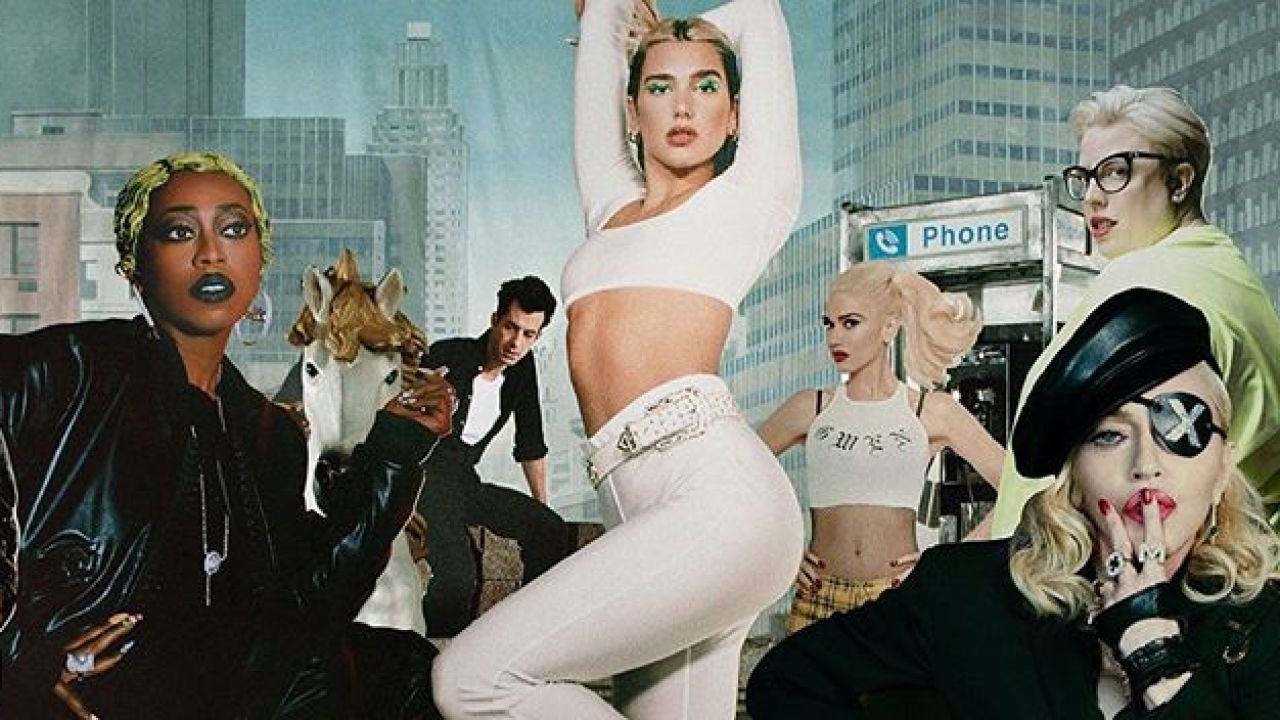
“She has put forward — on a personal level and what her management team has built around her — a social media presence so strong that when you do go check it out, you don’t leave,” says Light. “Excuse the corny phase, but it’s become really sticky.”
All the while, Future Nostalgia’s singles climbed the Billboard charts. Lead single “Don’t Start Now” peaked at No. 2 on the Hot 100, while follow up singles “Break My Heart” and “Physical” have peaked at Nos. 21 and 60, respectively, so far. The album itself debuted in the Billboard 200’s top 5 — over 20 spots higher than her 2017 debut album. “There was probably some benefit releasing in a vacuum,” says Mawson.
Adds Corson: “I love the expression ‘never let a crisis go to waste.’ The world has been in crisis, then her record leaked, and she faced it all like a total pro.”
On top of releasing an album in a pandemic, as Mike Chester, Warner Records’ EVP promotion, notes, this wasn’t just any pop album — it was the highly-anticipated second album from an artist whose debut made her a global star (and even won her best new artist at the 2019 Grammys). “You can imagine how palpable the pressure is,” he says, “and [releasing a pandemic-era pop album] was so uncharted that you had to really at some point — between myself, Tom [Corson], Aaron [Bay-Schuck], our team at Warner UK and then Ben [Mawson] in the center of it — just take the leap. There was no proof of concept.”
Now, over a month after the release of Future Nostalgia, Lipa is that proof for other artists to follow. However, Light cautions that what Lipa has managed to do from quarantine is not a one-size-fits all model. “You have to start with, ‘Who is the artist and what material do you have’?” he says. “Those who step back and go, ‘Well everybody seems to be doing this so maybe we should try that,’ but [aren’t] really looking at what they have, is doomed to probably stub their toe and maybe fail. In this case, you had really smart people who knew how to make it work.”
Light says Lipa’s team knew they had the right pieces in place, a large one being radio. Chester recalls how he and Dua visited stations long ahead of the album’s release to storyboard the campaign out in-person. “We did a lot of that work early on,” he says — which allowed radio to lock in its strategy long before the world started to change, and help secure airplay for a single he acknowledges “sounded like nothing on the radio.”
